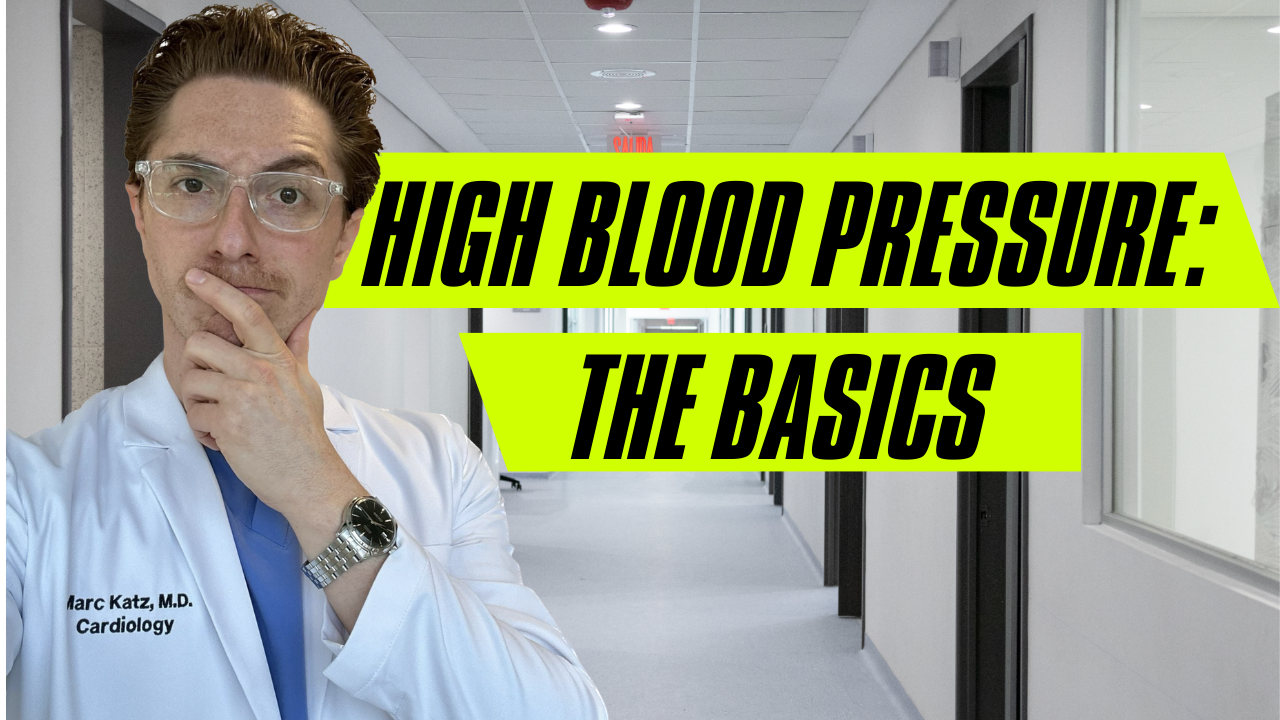The Worst Part About Being an Internal Medicine Intern
The only thing I love more than complaining about being a doctor is actually being a doctor. Intern year sucks. There’s no way around it. I wake up at 5:15am to get to the floor at 6:00am and I rarely leave at 5:00pm when my shift is scheduled to end assuming I’m not on call till 9:00pm.
I often feel my stomach growl at 9:00am and wonder why the hell I’m hungry again. Didn’t I just have breakfast? OH WAIT. I ate breakfast 4 hours ago. By noon I’ve already been at work for 6 hours.
It’s stressful. I’m constantly in situations that I don’t quite know how to handle. For instance, when my patient’s nurse walks over and tells me that my patient’s family wants to speak with the doctor. The first time it happened I kind of looked back blankly at the nurse, shrugged my shoulders and said ‘okay?’. I looked over to my senior resident inquisitively and she gave me a bleak stare back and simply said, ‘she means you…doctor’. It’s fucking terrifying.
Don’t get me wrong. I love my job. I love being better tomorrow than I was today. Sure, I would generally prefer not to look like an idiot in front of my attendings but it’s kind of inevitable. And if my pride and ego are the only things that are hurt in the process then I’m happy to learn something new. Not to mention I look dashing in that long white coat.
But the worst part of intern year so far? It isn’t the lack of sleep, or getting yelled at by a cardio fellow, or looking stupid in front of my entire team. It’s been watching my patient slowly die and not being able to do anything about it. I feel helpless. I can’t even imagine what’s going through my patient’s head.
There are literal teams of physicians working to keep my patient alive. Cardiology, cardiothoracic surgery, plastic surgery, radiology, interventional radiology, nephrology, infectious disease, gastroenterology, hematology & oncology, physical therapy, nutritionists, and the entire nursing staff (oh thank the lord for the nursing staff). And all of the ancillary staff that help us do our jobs.
When this man dies the entire hospital is going to be present for the morbidity & mortality conference. Except the one department that should have been involved from the beginning- palliative care.
Getting a palliative care consult doesn’t mean giving up on our patient. It means making the patient’s quality of life a priority.
I won’t begin to pretend to know what’s best for my patient or how to get my patient well enough to get him out of the hospital but what’s the point if we don’t make his quality of life, and his family’s quality of life, a priority.
——–
This post was originally featured on KevinMD.com


